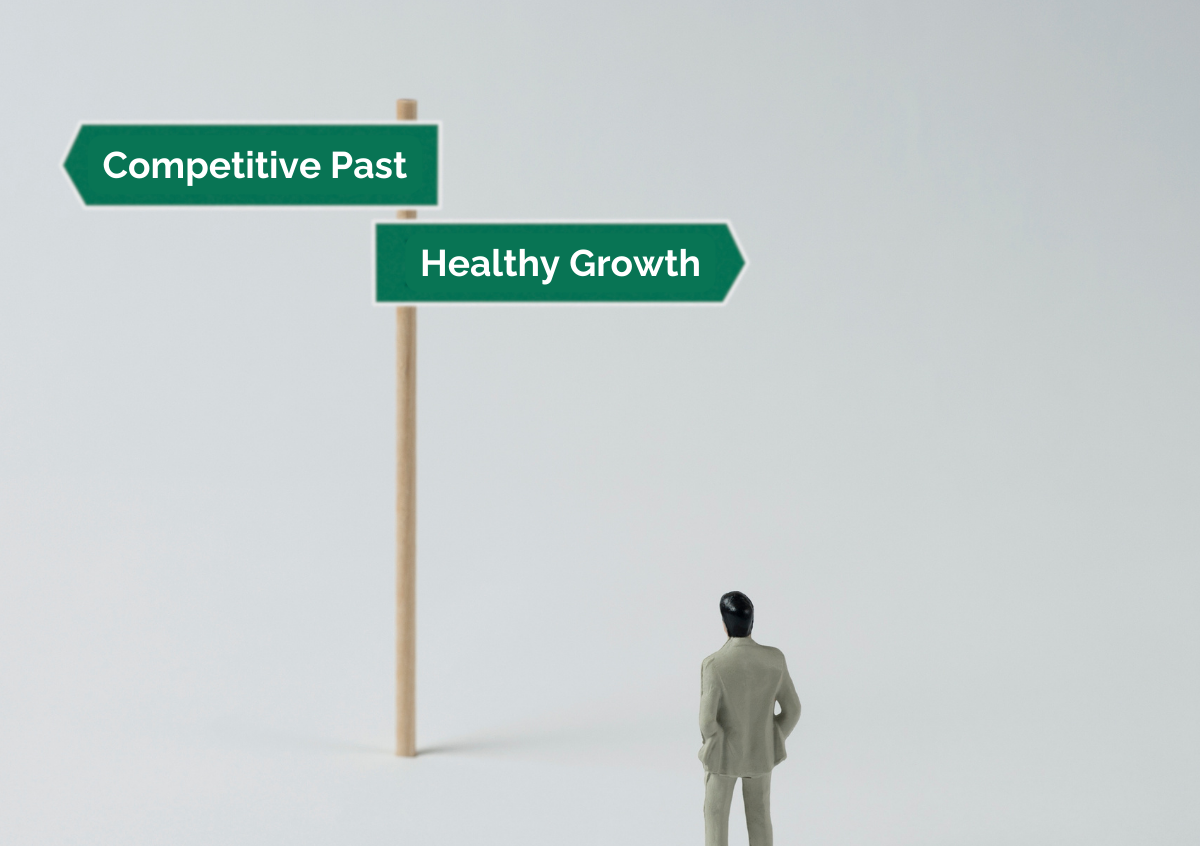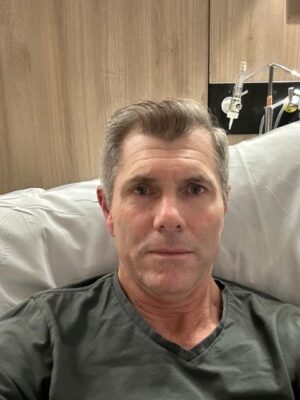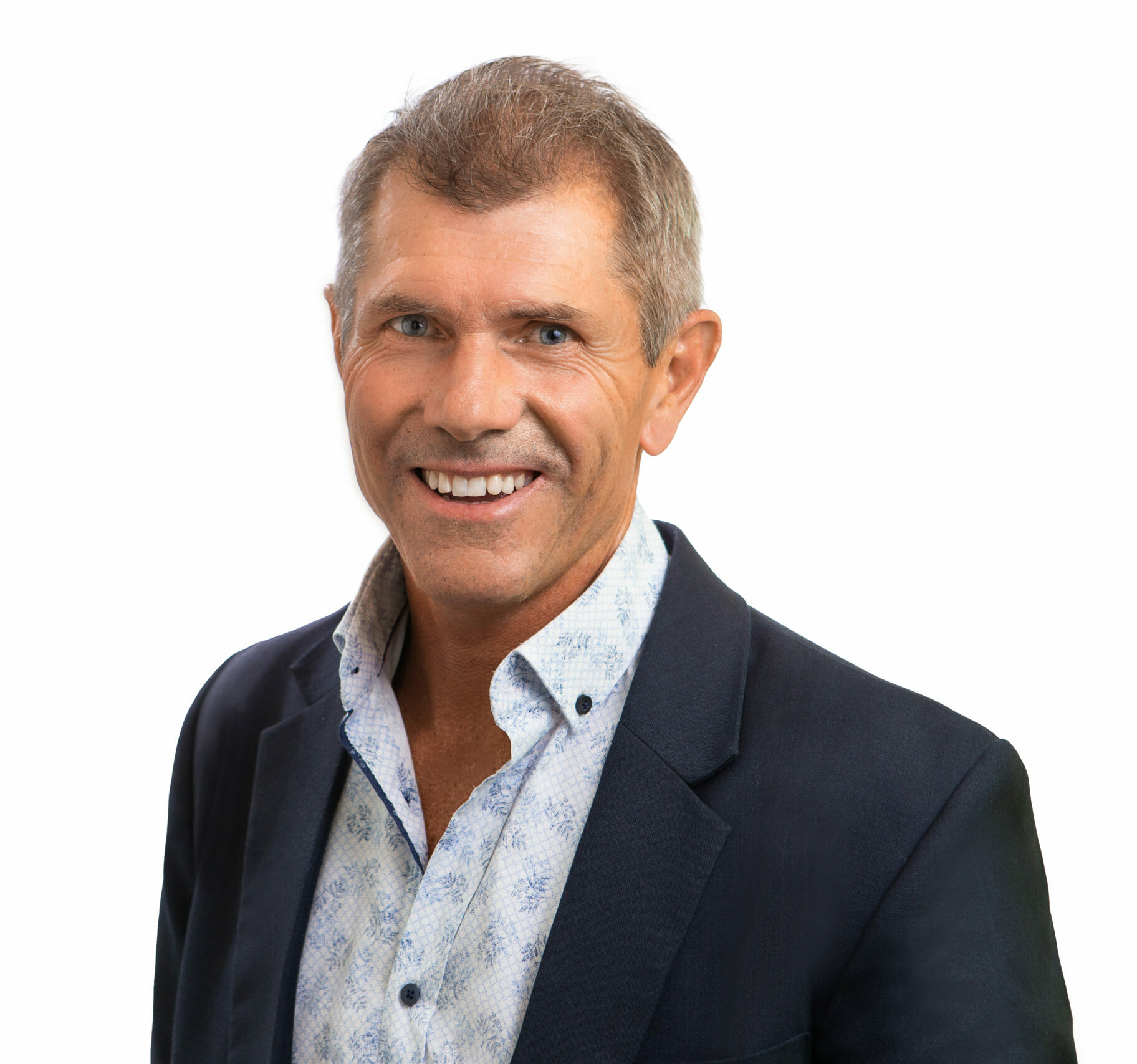
Changing Long-Standing Habits as You Age Is Bloody Hard
I’m sitting here writing this blog after 8 days in hospital.
 I’m still in hospital. I have had excruciating pain in my lower back and down my left leg. I have a bulging disc as L5/S1 level that is causing sciatica pain in my left leg and numbness in my toes. I have had a concoction of drugs to help relieve the pain but none of them have really helped much and I’ve hardly slept for the entire time I’ve been here. Last week I had an MRI and yesterday I had an epidural injection with a local anaesthetic and cortisone. The hope is that this will reduce the inflammation and stop the impingement on the nerve going down my leg. I had my first reasonable nights’ sleep last night and finally feel well enough to sit up and write out my reflections. By the way, all I did to trigger this pain was to bend down to pick up a billiard ball – whilst playing pool with my son.
I’m still in hospital. I have had excruciating pain in my lower back and down my left leg. I have a bulging disc as L5/S1 level that is causing sciatica pain in my left leg and numbness in my toes. I have had a concoction of drugs to help relieve the pain but none of them have really helped much and I’ve hardly slept for the entire time I’ve been here. Last week I had an MRI and yesterday I had an epidural injection with a local anaesthetic and cortisone. The hope is that this will reduce the inflammation and stop the impingement on the nerve going down my leg. I had my first reasonable nights’ sleep last night and finally feel well enough to sit up and write out my reflections. By the way, all I did to trigger this pain was to bend down to pick up a billiard ball – whilst playing pool with my son.
I’ve been in pain before obviously but I can’t recall ever being in such excruciating pain for so long and particularly with very little sleep for over 12 days. I had to cancel all my work appointments for a 1 week, and then it became obvious I’d need another week off. With all the modern technology we have, wouldn’t you have thought I could simply open up my computer and work from the hospital bed?
That’s when I realised – there was simply no way I could even contemplate this.
When the pain is at a 9/10 level, the brain seems to shut off. I couldn’t think straight at all. My cognitive capacity to concentrate was almost zero. My energy and desire to try to think had deserted me. I have been through many difficult experiences in my life and consider that I am highly resilient and have good mental and physical toughness – and grit. However, none of this seemed to matter when the pain was so debilitating. Of course, the multiple pain medications I have been on have also limited my cognitive capacity but the pain was an even greater contributor to my sudden decline in my ability to think and solve basic problems. We tend to take our health for granted until something like this happens to us.
One of the benefits of this experience is that I’ve had plenty of time to think and reflect. We often don’t have this time because our lives are so full and busy. I’ve been incredibly fortunate to have a wonderful group of friends and family who care about me. Many people have reached out to me and sent me amazingly warm, kind and thoughtful messages of support and encouragement. Whilst these do not get rid of the pain, they do help with emotional strength to cope because I feel loved and cared for by many people who mean a lot to me.
I wonder how it might feel for someone who does not have such a wonderful group of friends and family? Clearly it would be a more lonely experience. Would this make the pain worse? Probably. Would it mean you have less energy to keep trying to cope? Would you be less resilient? Probably. I’m incredibly grateful for the love and support I have felt and I’m confident it will help me now as I begin to recover and rehabilitate myself.
Another deeper reflection I’ve had is about myself. I have always prided myself on being physically, socially, emotionally and mentally healthy.
I wrote a book on this last year. At 56 years of age, I’m in very good shape. Or at least I was until this happened. Over the last couple of years, I’ve had a number of minor injuries that have impacted my ability to do some of the sports I love such as play tennis, ride a bike or even swim. My problem is that I am too competitive. I have been raised since I was a child to be highly competitive plus some of this is in my genes too I guess. It is this competitiveness that I think has caused me long-term physical problems and this is going to be the hardest thing for me to change.
As I have aged, I have changed the types of exercises I have done. I still lift weights but certainly much less than I used to and I’m considerably more conscious of my technique so I don’t hurt myself. I swim more often (when my shoulder is not hurting from a tennis injury). I work a lot more on my core strength and stability and I’ve been doing a lot of plyometric activities and mobile stretching to improve my hip and back flexibility. All these things have helped to build a strong and stable core foundation that should help me to reduce the chances of having a bulging disc and excruciating pain that I’ve had recently. However, my competitiveness has also meant I continue to do other activities on top of these exercises that are harmful to myself.
Some of you may know that I started my adult life as a professional tennis player. I still try to play tennis now like I did when I was 20 years old. My brain thinks I am 25 and my body later reminds me that I am 56. Sadly my body doesn’t seem to register this at the time I’m playing and I can run and jump like I used to but then 1-2 days later my body says “what the hell did you do that for you idiot?” I still try to play singles against young 20 year olds who are hoping to make it to the professional levels I used to be at. I need to realise I should be playing doubles with people similar to my age. Or I should just hit for fun and not play any tournaments. I seem to injure myself when I’ve tried to play at this level. I should still be able to play tennis for many years to come but I need to recognise that I will not be able to play at the level I used to.
This sounds easy when I write it down now but it has been a life-long habit of being competitive and I would like to change this. It will not be easy.
Robert Kegan, who wrote Immunity to Change said “I have many competing commitments” and I’ll need to work through what those are. I will need to reduce my competitiveness in many areas of my life and not just on the tennis court. I would like to channel my energy into self-improvement and development and focus on being the best I can be at my age and stage in life rather than competing with people who are at a different stage in their lives.
I want to stay fit and healthy, but do things that are just for health and fitness and NOT about winning. This will not be easy. How can I learn to play tennis and have fun without pushing my body too hard? I see the ball and I want to run hard to get it; I want to hit it hard and jump all over the court. How can I learn to play more within myself? Can I teach this old dog a few new tricks? Or less tricks? By the way, if you think I’m giving up, you’re wrong. I’m still driven to succeed in many areas of my life; I just need a different driver than to win at all costs. I’m going to begin working on this today. I’ll need help, support, feedback, discipline and all the tools I’ve learned over the years but this one is deeply ingrained in me. Wish me luck!
I wonder if these reflections have triggered anything for you at all. If so, I’d love your feedback or reflections – particularly on how hard it is to change long-standing habits and beliefs that may have worked well for you in the past but no longer serve the same purpose?

